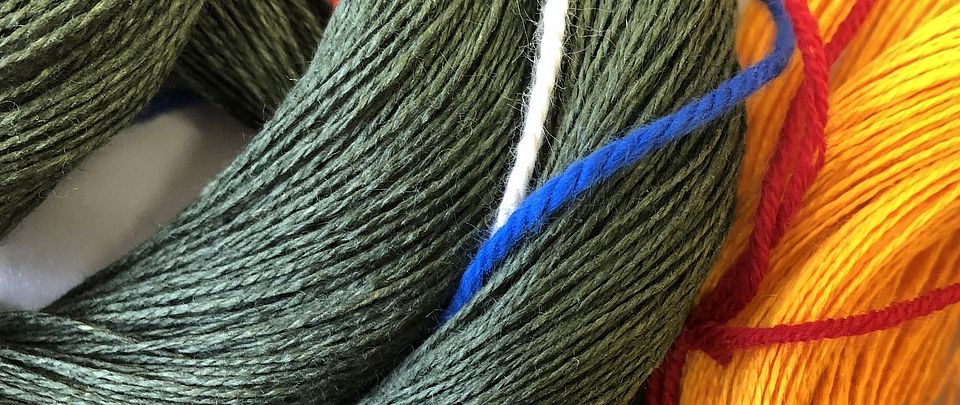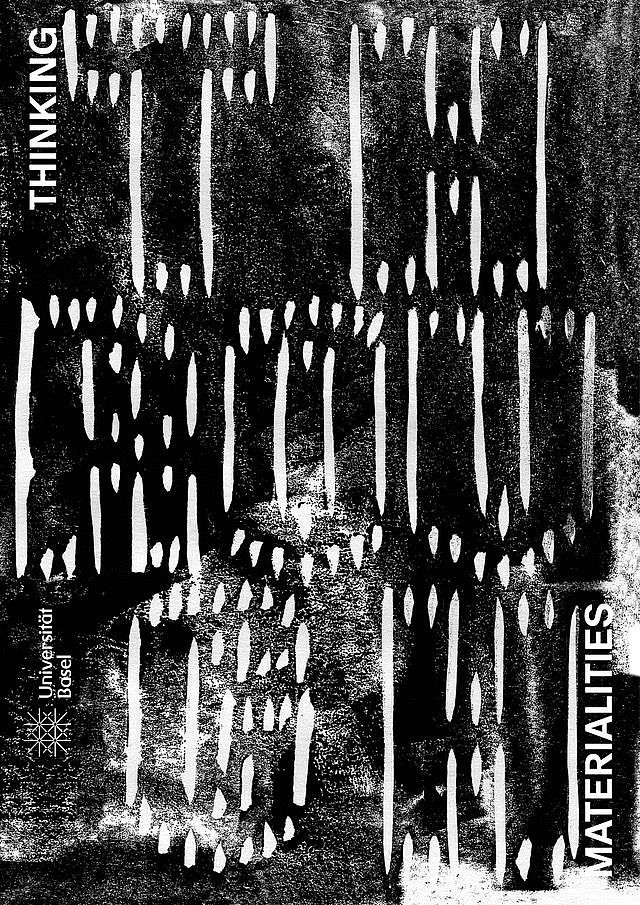
Feminist Material Theory: On re-materializing feminist thinking
It is done, it becomes,
it weaves, intertwines and is stitched.
It can be cut, unfolded, performed and enacted.
It is interlocked, enmeshed and entangled.
Feminist theory, and gender studies in general, have developed a vibrant, broad, and disputed repertory of verbs turned into concepts to make sense of gender as lived experience and social category, to study how gender informs knowledge makings, and to create feminist worldings. These concept-verbs are mainly verbal metaphors that refer to concrete, everyday material practices in crafts, theater, or music. Once deliberately derived from situated experiences and practices by and from women, they have been gradually debased from these practices. Today, they only exist as abstractions in feminist theories and analysis. But what happens when these concept-verbs are reconnected with and confronted to the material practices and the substances they derive from? Do they withstand the test? Does this re-articulate theories? This epistemic recursion of regrounding theory in the practices it derives from is to be developed and carried out by this project.
This 12-month pilot project is tailored to test this epistemic recursion and thus turns long-honed skills of feminist epistemology and science and technological studies inward, toward knowledge making in feminist theory. A mixed-method approach based on ethnographic methods illuminates two concept-verbs: weaving and stitching. Introduced in the late 1970s, these are among the oldest concept-verbs in feminist theory. Recently, they have regained momentum in not only gender studies but also the social sciences and humanities in general.
Publications
Schulze, Marion (2023) «Geworden, verstrickt, verwoben. Geschlecht durch Verben denken», In: Schweizerisches Archiv für Volkskunde / Archives suisses des traditions populaires 119(2), 19-27.
Project team
Marion Schulze
Funding
SNFS Spark
Project period
02/2024 – 01/2025

